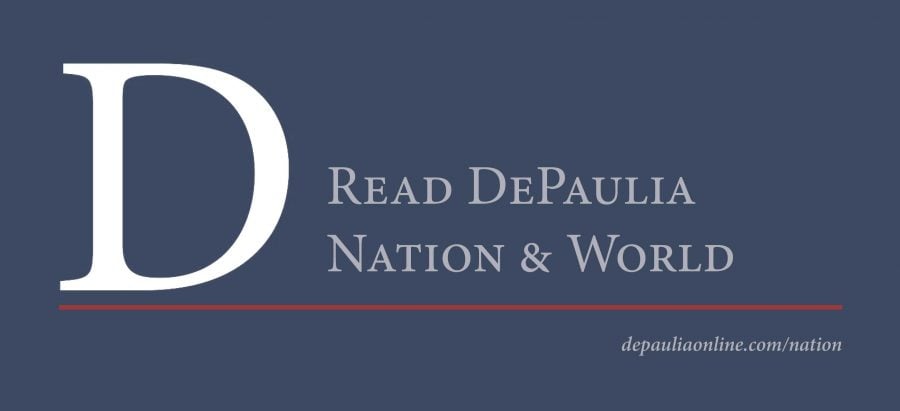The Islamic extremist group Boko Haram released 82 schoolgirls in a trade deal on Saturday, May 6. The girls were returned after the Nigerian government agreed to free five detained Boko Haram commanders.
Nearly 300 girls from Chibok, Nigeria were taken three years ago from their boarding school by the extremists. Now, 110 girls remain in their custody.
“We will not relent until all are back,” the minister of women’s affairs and social development, Aisha Alhassan, told reporters in the nation’s capital, Abuja.
Alhassan also said the Nigerian government does not regret the trade deal, and is willing to free more detained members of Boko Haram for the release of the remaining young women.
This follows the original October release of 21 of the Chibok girls. While some were able to escape on their own, others died from illness.
The Nigerian government has been taking care of 24 girls, including four of their babies.
The newly released young women joined the others in the capital where they are being medically screened, a process that will take a couple of weeks. Some even need surgery, Alhassan said.
Although Boko Haram originally granted the release of 83 girls, one decided to stay with her husband, the spokesman for Nigeria’s president Garba Shehu said Tuesday.
“One of the girls refused to join the released girls,” Shehu told the Associated Press. “She said ‘I am happy where I am. I have a husband.’”
The girls said they want to return to school, and are taking part in a nine-month reintegration program designed for them, the minister said. The previously released girls have already begun the program, and the newly freed will join as well.
More than 110 girls remain under the control of Boko Haram, and few of them have been radicalized and don’t want to return. Human rights advocates also fear some of the girls have been used by the extremist organization to carry out suicide bombings.
Boko Haram has been a scourge in northern Nigeria, kidnapping and killing thousands of Nigerian citizens since its founding in 2002.
The group’s official name is Jama’atu Ahlis Sunna Lidda’awati wal-Jihad, which in Arabic means “People Committed to the Propagation of the Prophet’s Teachings and Jihad”.
Although the group’s initial focus was on opposing western education, it launched military operations in 2009 to join the Islamic State. The United States declared it a terrorist organization in 2013.
A group of United Nations human rights experts on Tuesday called on Nigeria’s government to ensure the girls’ rehabilitation and reintegration, saying the release was only a first step in their recovery.
“The government of Nigeria and other stakeholders must ensure that the services these girls need, including psycho-social and other health services and information on livelihood opportunities, as well as access to remedies, are available” said the group of human rights experts. “We hope these girls will be soon reunited with their loved ones.”
Meanwhile, the parents of the 82 girls are waiting on government word for when they will be able to reunite with their daughters.
The group of experts, according to the Associated Press, also called on Nigeria and the international community not to forget about kidnapped victims still held by Boko Haram, and to work toward their release.


